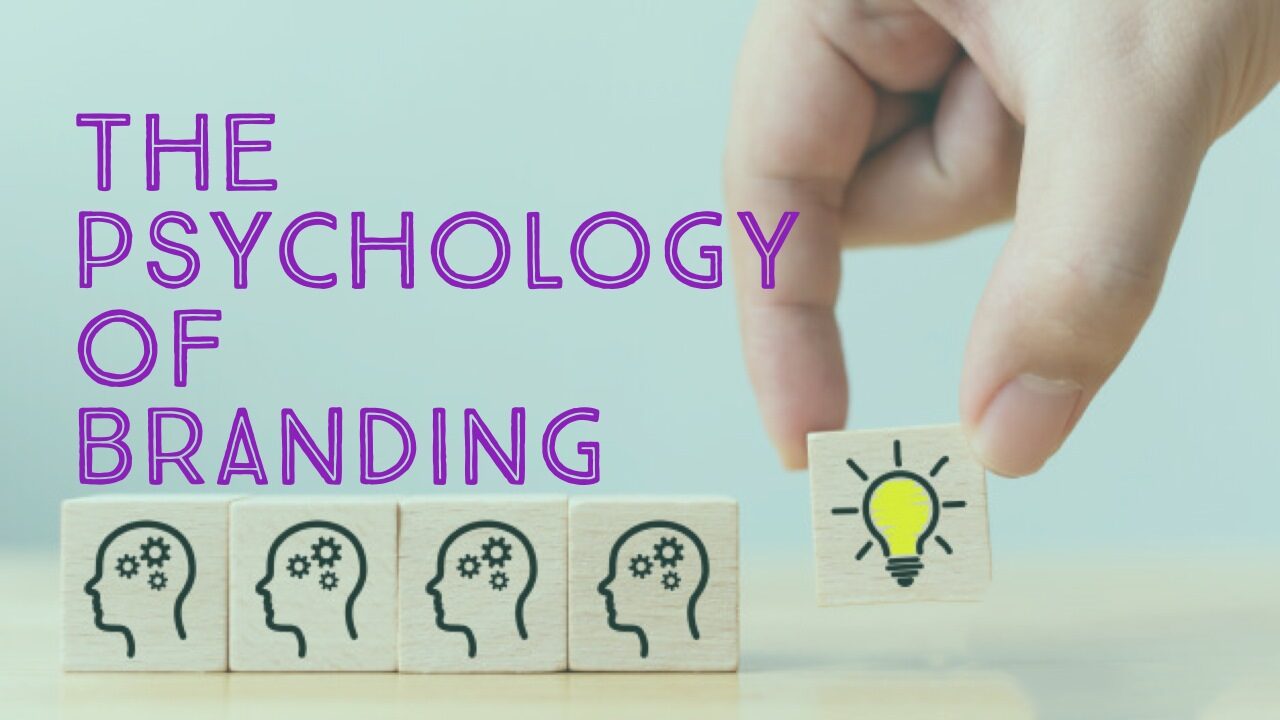Effective branding has been an essential aspect of marketing success for businesses since the industrial revolution.
Branding is much more than just creating an appealing logo or having a catchy tag line. It is supposed to ignite positive emotions within your ideal customers. Making them feel connected to your brand. Let’s understand branding thoroughly.
What Is Branding?
Successful branding is about saturating your brand from the competition. Giving your brand a distinct and unique identity. An identity that reflects your business values and values that your customers are passionate about.
How do you make your customers feel connected to your brand? You do that by strategically using the branding elements in your favor.
Branding Elements
Branding elements are key components of successful branding for any business. These elements are responsible for giving your brand a distinct and unique market presence. Branding elements help you stand out and attract your ideal customers.
These are the visual, verbal, and experiential elements that a brand uses to communicate its messages and values to its audience. It is important for these elements to work together to create a cohesive brand image. This helps build brand awareness and foster trust and loyalty among customers.
Here are the core brand elements that you should know about.
- Brand Name
- Logo
- Tagline or Slogan
- Brand Colors
- Typography
- Brand Voice & Tone
- Imagery
- Brand Story
- Mission & Vision Statement
- Brand Values
- Customer Experience
- Website Design
- Social Media Presence
- Packaging Design
- Brand Promise
These elements are crucial if you want to effectively brand your business.
You can read more about these branding elements and how they can help your business by clicking here.
Now that you understand what branding is, let’s look at the relation between branding and psychology.
The Relation Between Branding & Psychology
You may be wondering what psychology has to do with branding? Let’s find out!
First, let’s understand what psychology is. Psychology is the scientific study of how the human mind works and its functions. It specifically deals with the functions that directly influence our behavior.
Your customers are also humans, unless you are trying to contact aliens living in outer space.
This means that psychology can also help understand what influences your ideal customers to perceive a brand positively. Not only that, it can also give you insights into what your audience is looking for. You can then use these insights to tailor your marketing strategy accordingly.
Psychology helps us understand how consumers will perceive or react to your branding strategies. As a brand you want your branding strategies to evoke favorable emotions in your audience. So that your audience has positive associations with your brand.
All these emotions, memories, and associations that you want your audience to have can be accessed through psychology. By understanding the psychology behind these emotions and associations, you can create even more effective branding strategies. Strategies that resonate emotionally with your target audience on a deeper emotional level. Moving them to act, in other words, giving you business.
By incorporating psychology into your branding efforts, you can tap into your audience’s mind. This will help you create effective user personas. Allowing you to shape your ideal customer’s perception in your favor.
This means that the relation between effective branding and psychology is a deeply interconnected one. Simply putting, if you want your branding efforts to succeed, you have to have a basic understanding of human psychology.
Now, let’s understand what effective branding looks like.
Effective Branding Helps Form Connections!
Effective branding is much more than just selling a product or a service. Its true value is in connecting with your target audience on a deeper emotional level. For this, positive customer experience is paramount.

Businesses or brands that constantly provide positive customer experiences are easily able to form a meaningful connection with their audience. This helps drive customer loyalty and fosters brand advocacy.
Brand advocacy for anyone wondering is the process when an individual, usually a customer, positively promotes your brand. This is usually done through word of mouth. The best type of marketing known to man. However, user generated content that positively promotes your brand can also be considered as a form of brand advocacy.
Why is brand advocacy or word of mouth considered the best form of marketing? It is because 92% of individuals trust word of mouth recommendations, and 71% are more likely to purchase based on a referral.
Effective branding makes sure every customer interaction is purposeful and positive. Be it on social media, website, or at a physical storefront. This helps shape the customer’s perception of the brand. Hence, you must make sure that your customers get a cohesive and positive experience every time they interact with your brand.
As a brand, it should be your priority to make your customers feel truly valued and appreciated. This helps build positive associations and increases the likelihood of that customer becoming a loyal brand advocate.
In short, effective branding improves customer experiences and helps form meaningful connections with your target audience. So, the next time you hear someone recommending a brand, that’s exactly what effective branding looks like.
But where is the psychology behind this effective branding? The following section will give you a better idea.
The Psychology Behind Effective Marketing
Till now, we have established that effective branding can;
- Establish Emotional Connections
- Build Positive Perceptions
- Improve Brand Awareness
Now, let’s understand how psychology plays its part in all this.
Establishing Emotional Connections
We understand that brands that successfully evoke positive emotions can easily foster deeper connections with their audience. Research shows that decisions are often based on or driven by feelings and not logic. This means that establishing positive emotions works as a powerful tool for your brand.
To establish strong emotional connections, you can understand the triggers and motivations of your audience. Then, use these insights in your brand messaging and story.
Moreover, studies have shown that ads with emotional content tend to outperform those focused on rational, logic, and stats. Emotionally driven ads have been found to perform 2x more effectively than their counterparts.
This proves the value of understanding human psychology when creating your brand message and story.
Building Positive Perceptions
There are two major ways that can shape an individual’s perception. One is through personal experiences and the other is social influence.
Psychology helps understand how to evoke the desired perception within your audience. You can then use that understanding to craft your brand’s visual identity and messaging to align with your audience’s preferences.
This involves understanding how consumers interpret your branding elements such as logos, colors, typography etc.
Another thing that can help build positive perceptions is your brand’s personality. This is because consumers often like to attribute human-like traits to brands. We know that through the psychology behind effective branding. That’s why branding includes elements like voice and tone. This helps give your brand a unique personality.
You should try defining your brand’s personality trait in addition to tone and voice. Traits such as portraying your brand as adventurous or reliable. This will help you create a unique brand identity that resonates with your audience. Shaping their perceptions, promoting loyalty, and a sense of belonging in them.
Improving Brand Awareness
We, as humans, often tend to look at others when making decisions. So, the brands that are actively and continuously providing positive customer experiences end up gathering a ton of testimonials. These testimonials can be used strategically to build or improve brand awareness and drive community engagement.
This not only continues to shape your positive perception among your customers but also encourages new customers to interact with your brand.
Another thing that brand awareness does is that it positions your brand as a symbol of specific lifestyle or a community. This promotes a sense of belonging in your audience. And belonging is a psychological need for us as humans. That’s also the reason the term FOMO (fear of missing out) became so popular among all audiences.
We as humans are hardwired to be social animals. We can not survive in isolation and need to rely on each other. This is what psychology teaches us. You can use this innate need of belonging to create a community around your brand. This will help promote brand loyalty and advocacy among your audience.
Lastly, psychology helps us understand the mere exposure effect. You might have heard about maintaining consistent messaging and branding across all your marketing channels. This is due to the mere exposure effect.
It is a psychological phenomenon where people develop a liking or preference for things because they are familiar with them. This means that if you want your brand to be recognizable, you must maintain consistent branding across all your marketing channels.
Summing Up!
In summary, understanding the basics of human psychology can benefit you in ways you have never thought of. From branding elements to creating positive perceptions and driving your audience to act, the psychology behind effective branding helps do it all.
However, it requires in-depth understanding of marketing and branding principles to effectively employe the psychology behind branding in your favor.
If you are looking to effectively brand your business, Seattle Digital Marketing can help. Feel free to contact us anytime and we’ll effortlessly help you turn your business into a brand.




